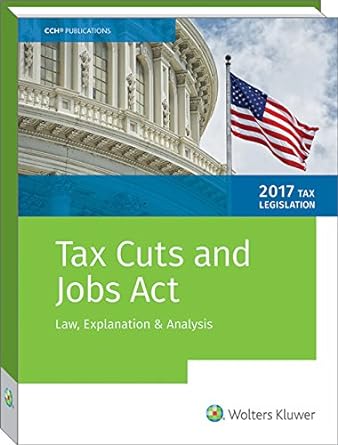Go back


When Public Servants Protected Public Property Protecting Public Property(1st Edition)
Authors:
Tarcisio F. B. Gichunge

Cover Type:Hardcover
Condition:Used
In Stock
Include with your book
Expected shipping: July 26, 2024Popular items with books
Access to 3 Million+ solutions
Free ✝
Ask 10 Questions from expert
200,000+ Expert answers
✝ 7 days-trial
Total Price:
$0
List Price: $4.50
Savings: $4.5(100%)
Book details
ISBN: 979-8810384670
Book publisher: Independently published (April 25, 2022)
Get your hands on the best-selling book When Public Servants Protected Public Property Protecting Public Property 1st Edition for free. Feed your curiosity and let your imagination soar with the best stories coming out to you without hefty price tags. Browse SolutionInn to discover a treasure trove of fiction and non-fiction books where every page leads the reader to an undiscovered world. Start your literary adventure right away and also enjoy free shipping of these complimentary books to your door.
When Public Servants Protected Public Property Protecting Public Property 1st Edition Summary: Kenya was colonized at the end of 19th, Century by the British Colonizers who were forced by Kenyans through quells, uprisings, rebellions, revolts and pulls to surrender to grant independence to the country which they had made their colony since 1920. At Independence, Kenya inherited the British System of Colonization which included the Civil Service System of Operation. The system survived for nearly five decades or up to when Kenya promulgated a New Constitution on 27th, August 2010.Kenyans inherited a colonial system of administration where Civil Servants were guided by the Code of Regulations which had rules and regulations to guide the operations. One of the strict regulations was, “Officers in the service were not allowed to do any business.” Also, officers were prohibited from taking bribes for rendering service to the public. Another of the regulations was “Civil Servants were barred from participating in political discussions.” Those three regulations prevented officers from being corrupt and ambiguous in dispensing their service to the public. Strictly, officers in the civil service observed the three regulations to the letter until May 1971 when Ndegwa Commission allowed civil servants to be involved in businesses. Of course business meant negotiations and cheating to earn profits. From that time Civil servants negotiated their way to trade with their employer through Local Purchase Orders and hence corruption infiltrated and penetrated the system.By 1999, corruption was pronounced and rampant in Kenya among the very senior civil servants who negotiated for the Local Purchase Orders to render service to the employer (Government) through contracts. Thereafter, small men and women in the service also started to demand “Toa Kitu Kidogo known as TKK” (kickbacks) for service rendered to the public.One day and many years later, some men and women of goodwill sat down somewhere in a corner to reason out together and asked themselves, “What went wrong in the public service?” Their consciences were provoked and awakened by what they had witnessed in rendering of public service at the time. Still they remained mute while the question lingered in their minds.On 15th, March 2022, Kenya had a chance to inaugurate the Ceremony of Emerging Public Service Leadership Program in Nairobi that had been hosted by Global Emerging Leadership Fellowship. One of those provoked and incited persons was reminded of their earlier reasoning and observations. He was lucky to have listened to the Advertiser’s Event on Citizen TV that day when an idea emanated to him to edit this handbook. During the proceedings, the one who presented the President of Kenya in a “closing ceremony” narrated his early experience as a young Civil Servant at the Central Bank of Kenya where he had worked many years ago. His account of what he had experienced motivated the writer positively and therefore, the writer decided to add something to the story since he was a retired Public Servant with experience to offer to the Emerging Leaders in Kenya. As a Public Servant who had retired after 35 years’ service, he felt that it was time for him to compare the Cards for the Public Servants’ performance between the past and the present by trying to unmask and reveal “what had gone wrong in the Public Service.”Therefore, this edition is aimed at motivating, inspiring, encouraging, captivating and appealing to the Emerging Leaders in Kenya who are expected to benefit from the lessons that are contained in this publication.
Customers also bought these books
Frequently Bought Together
Top Reviews for Books
R Gopi
( 5 )
"Delivery was considerably fast, and the book I received was in a good condition."










